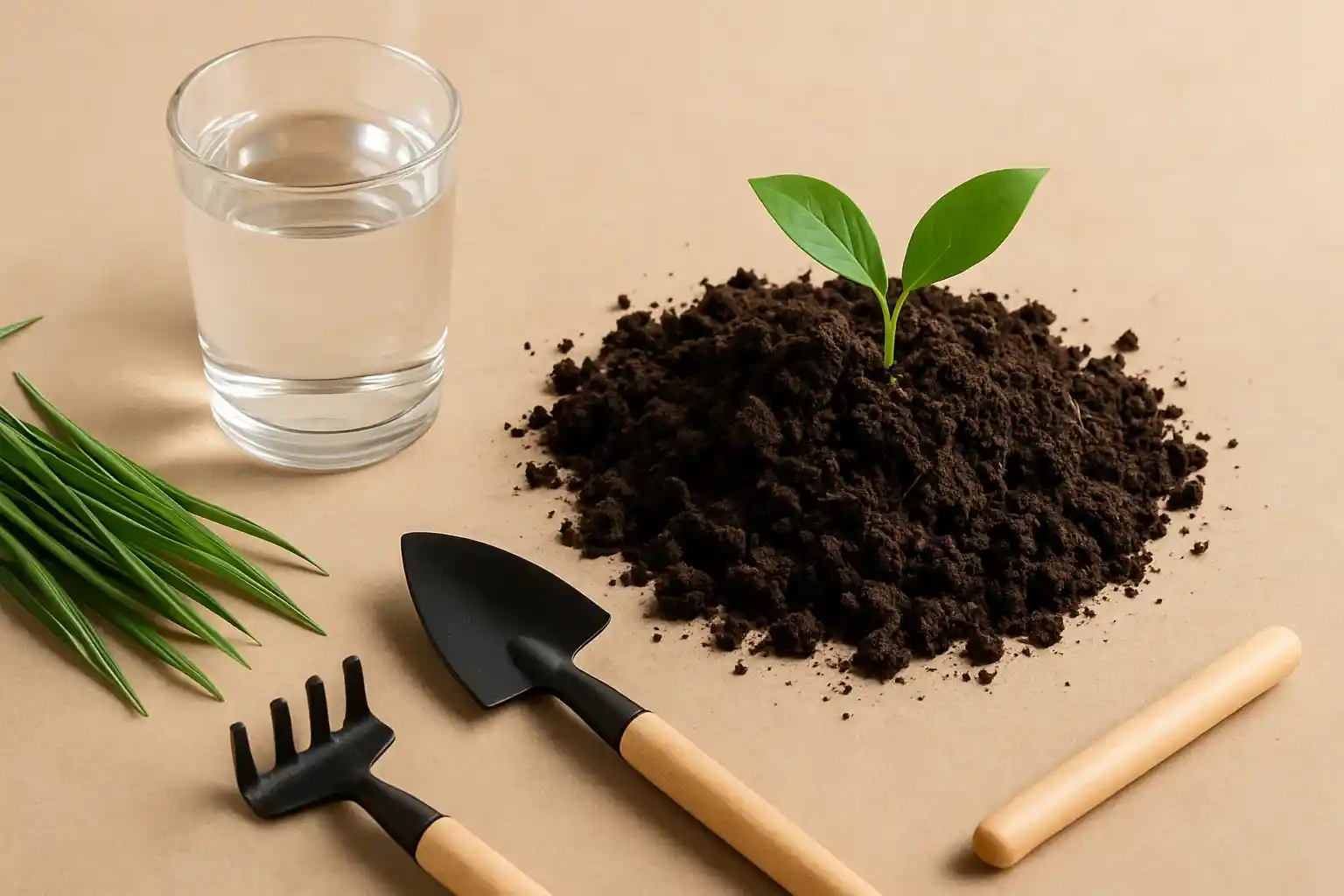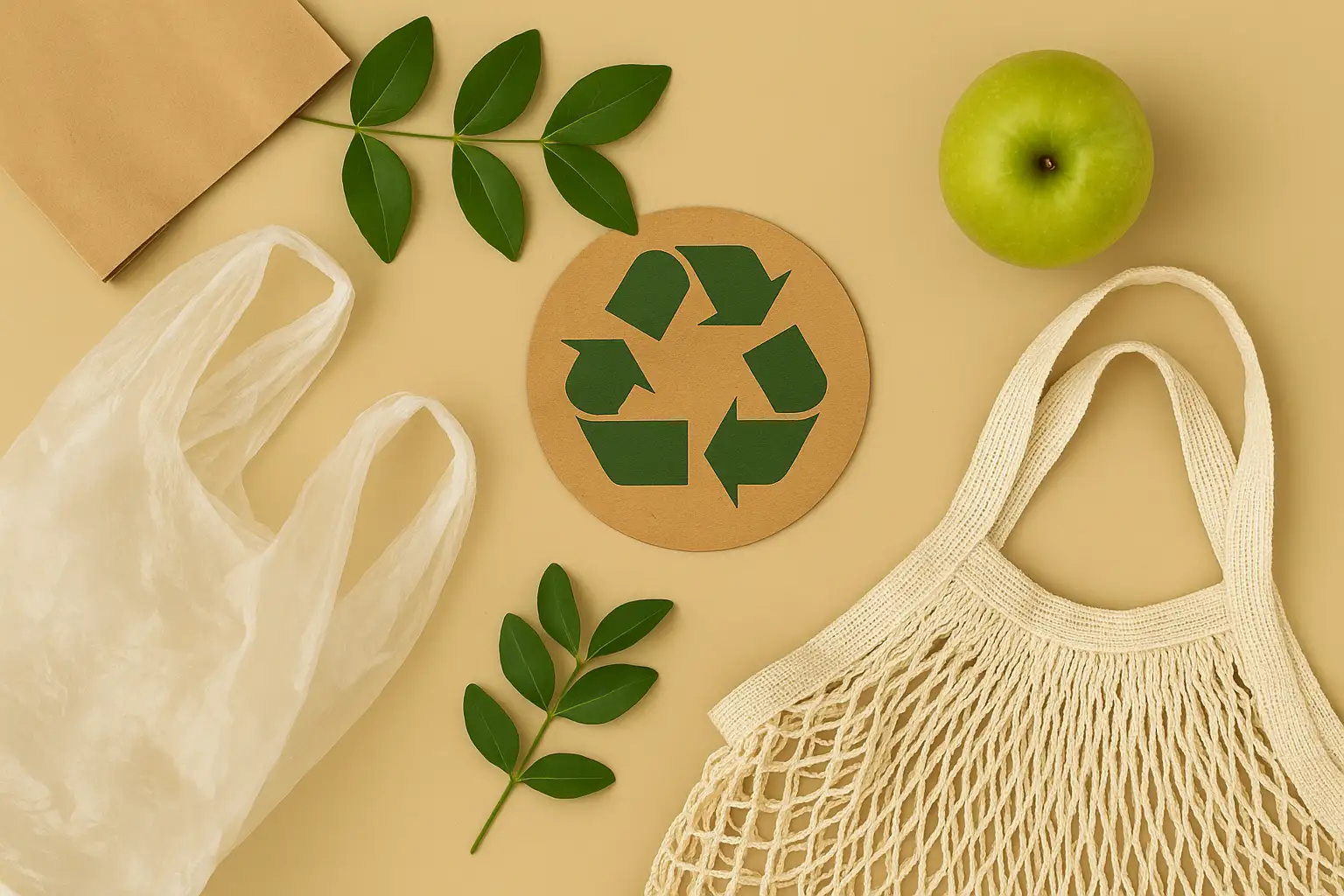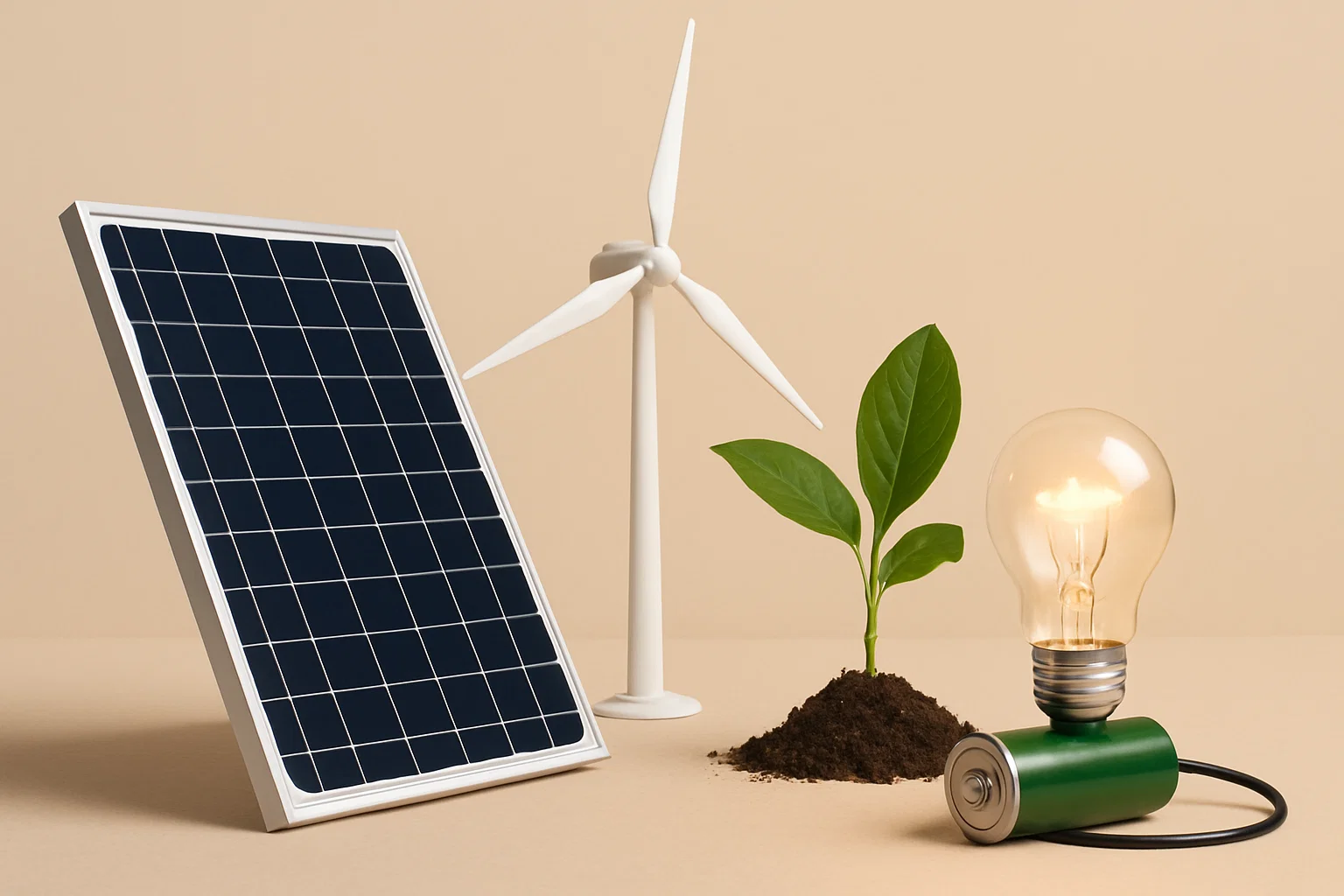Nourish Your Garden Naturally: Ditching Chemical Fertilizers for Soil and Water Health

The desire to cultivate thriving gardens and bountiful harvests often leads gardeners to reach for readily available chemical fertilizers. These synthetic products promise quick results, delivering concentrated nutrients directly to plants. However, the widespread use of chemical fertilizers carries significant environmental consequences, negatively impacting both soil and water quality. The synthetic nitrogen and phosphorus found in many conventional fertilizers can disrupt the delicate balance of soil ecosystems, leading to a decline in beneficial microbial life and a long-term degradation of soil health. Furthermore, the runoff of these chemicals into waterways contributes to nutrient pollution, causing algal blooms that deplete oxygen and harm aquatic life. Recognizing these detrimental effects, a growing movement is advocating for and embracing natural and organic alternatives that nourish our gardens while protecting the environment.
The environmental impact of chemical fertilizers is multifaceted and far-reaching. Their production is energy-intensive, often relying on fossil fuels. The synthetic nitrogen they contain is a significant contributor to nitrous oxide emissions, a potent greenhouse gas. When applied to the soil, chemical fertilizers can disrupt the natural nutrient cycles, harm beneficial soil organisms like mycorrhizal fungi and earthworms, and lead to nutrient imbalances that make plants more susceptible to pests and diseases. The water-soluble nature of these chemicals also means they are easily leached from the soil by rain or irrigation, leading to runoff that pollutes rivers, lakes, and coastal waters. This nutrient pollution can create "dead zones" where oxygen levels are too low to support aquatic life. Recognizing these significant environmental costs, a shift towards natural and organic gardening practices is crucial for the long-term health of our ecosystems.
Fortunately, a range of effective and readily available alternatives to chemical fertilizers exists, offering a sustainable and environmentally friendly way to nourish our gardens and improve soil health. By embracing compost, utilizing organic amendments, and implementing permaculture techniques, we can provide our plants with the nutrients they need while fostering a thriving soil ecosystem, improving water retention, and minimizing pollution. These natural approaches work in harmony with the environment, building healthy soil that supports resilient and productive plant growth without the harmful side effects of synthetic chemicals.
Cultivating a Sustainable Garden: Exploring Natural Fertilizer Alternatives
Moving beyond the quick fix of chemical fertilizers opens up a world of natural and environmentally beneficial ways to nourish our gardens:
Compost: The Black Gold of Sustainable Gardening
Compost, the decomposed organic matter created from kitchen scraps, yard waste, and other organic materials, is a cornerstone of sustainable gardening and a fantastic natural fertilizer. It is rich in essential nutrients that plants need to thrive and improves soil structure, water retention, and aeration. Using compost recycles waste materials, reducing landfill burden, and provides a slow-release source of nutrients that won't burn plants like chemical fertilizers can. Various composting methods exist, from simple backyard piles to Bokashi Living systems for even kitchen waste.
Organic Amendments: Nourishing the Soil Naturally
Organic amendments are natural materials added to the soil to improve its fertility and structure. These include things like worm castings (a nutrient-rich byproduct of worm composting, often available from sources like Uncle Jim's Worm Farm), well-rotted manure, bone meal, and rock phosphate. These amendments provide a balanced source of nutrients and support a healthy soil ecosystem. Down To Earth offers a wide range of organic fertilizers and soil amendments.
Permaculture Techniques: Working with Nature's Systems
Permaculture is a holistic approach to gardening and land management that focuses on creating sustainable and self-sufficient ecosystems. Permaculture techniques, such as no-till gardening, cover cropping, and companion planting, work to build healthy soil naturally, reduce the need for external inputs like fertilizers, and enhance biodiversity. These methods mimic natural processes to create resilient and productive gardens.
Embracing a Sustainable Garden: Small Changes, Significant Impact
By consciously choosing natural alternatives to chemical fertilizers and embracing sustainable gardening practices, we can nourish our gardens while protecting our soil and water resources for a healthier planet.
Related Blogs

Glimmers of Progress: Ten Policy Victories That Advanced Planetary Health in the Past Year
Insights on how environmental policy affects you (even if you don’t vote) in a sustainable way.

Decoding the Global Commitment: A Breakdown of the Paris Agreement and the Path Forward
Insights on a breakdown of the paris agreement (and what’s next) in a sustainable way.

Ban the Bag: Choosing Reusable Alternatives to Single-Use Plastic Carry Bags
Support local bans and global reduction by opting for cloth, jute, or foldable reusable bags.

Bank for a Better Future: Choosing Ethical Finance to Power a Cleaner Planet
Finance a cleaner planet by opting for ethical banks, green investment funds, and impact fintech.

Beyond the Ban: Navigating the Post-Plastic Bag Landscape Towards True Sustainability
Insights on banning plastic bags in a sustainable way.

Powering Change: Choosing Clean Energy Alternatives to Conventional Sources
Align with energy transition policies by opting for green providers, solar, or co-operatives.
Stay in the Loop
Get tips and insights tailored to your interests — no spam, just sustainability.